Companies to scale up camelina crop containing enriched levels of EPA and DHA equal to fish oil
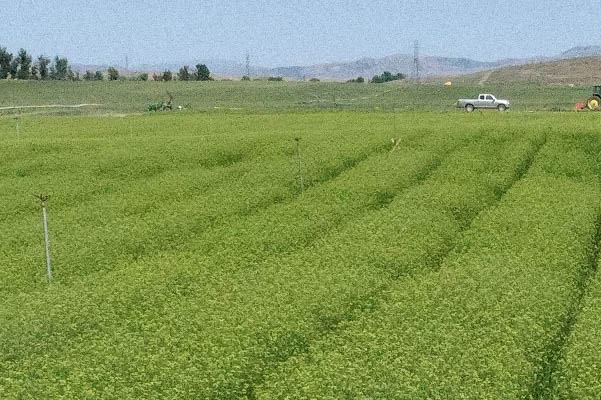
Yield10 Bioscience and BioMar Group have formed a partnership to commercialize a camelina crop containing enriched omega-3 fatty acids levels of EPA and DHA equal to fish oil. After a decade of research, this technology has the potential to become an important, high-quality supplement to the scarce supply of marine long-chain fatty acids.
The growth in global aquaculture has increased the demand for EPA and DHA to levels where supply can no longer meet demand, leading the aquaculture industry to look for new sources. This new omega-3 camelina product contains EPA and DHA levels comparable to many of the marine oil sources utilized today.
“Currently, the primary source of the essential fatty acids EPA and DHA are marine ingredients, where omega-3 oil produced from anchovy harvest is the industry benchmark,” wrote BioMar in a press release. “Producing omega-3 fatty acids in camelina represents a potential way to enable a reliable supply of high-quality omega-3 oils to meet the global demand for EPA and DHA.”
BioMar has been involved with the Rothamsted omega-3 camelina development effort since its inception in 2013 and has conducted many of the salmon trials published by the Rothamsted research team. Producing omega-3 oil in camelina represents a land-based way to make this aquafeed ingredient.
“A partnership with BioMar has the potential to combine the strengths of both companies for the accelerated development of the omega-3 camelina product,” said Oliver Peoples, Ph.D., president and CEO, Yield10 Bioscience. “We look forward to working closely with BioMar to develop a collaborative program to bring this new source of high-quality EPA and EPA+DHA omega-3 oils to the market to strive to meet the aquaculture industry’s growth demand and sustainability goals.”
Over the next year, Yield10 expects to scale up planted acres of camelina to supply BioMar with oil for formulation and testing while also working towards securing regulatory approval for commercial production of omega-3 camelina oil and meal in the targeted production geographies. Yield10 and BioMar believe that the omega-3 camelina technology will play an important role in the future omega-3 market, enabling access to key nutrients from sustainable sources and paving the way for future growth within the aquaculture industry.
“We believe that the Yield10 omega-3 camelina technology represents a potentially excellent solution for producing crop omega-3 oils at commercial scale,” said Carlos Diaz, CEO of BioMar Group. “Reliable and scalable sources of EPA and DHA is critical for aquafeeds to ensure the sustainable development of the aquaculture industry. We look forward to working together with the Yield10 team to make this product a commercial success.”
Now that you've reached the end of the article ...
… please consider supporting GSA’s mission to advance responsible seafood practices through education, advocacy and third-party assurances. The Advocate aims to document the evolution of responsible seafood practices and share the expansive knowledge of our vast network of contributors.
By becoming a Global Seafood Alliance member, you’re ensuring that all of the pre-competitive work we do through member benefits, resources and events can continue. Individual membership costs just $50 a year.
Not a GSA member? Join us.
Author
Tagged With
Related Posts
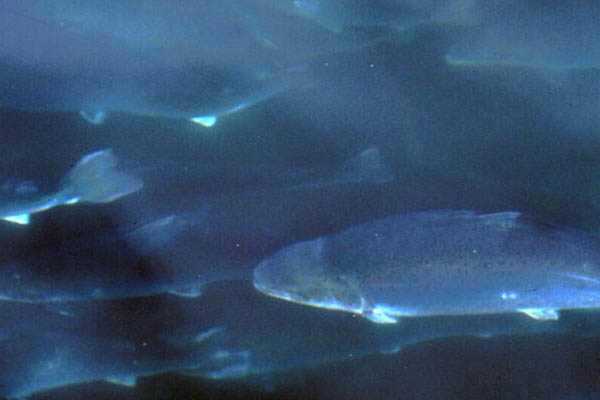
Aquafeeds
Could fish sludge help address the ‘feed squeeze?’
SINTEF researchers are exploring if salmon sludge could be used to rear bristle worms – a potential alternative fish feed ingredient.
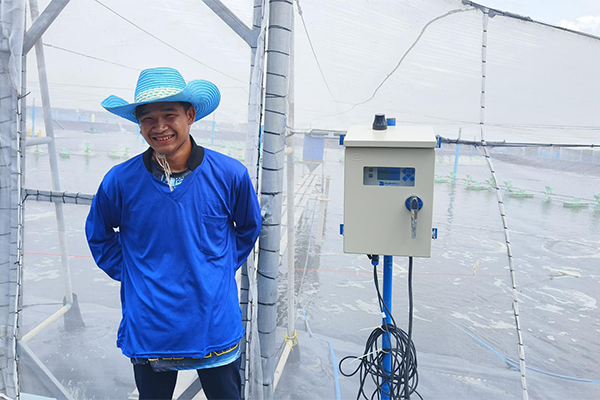
Aquafeeds
Tech firm and nutrient-recapture company partner on insect-based shrimp feed additive
Full Circle Biotechnology of Norway and HydroNeo of Thailand team up to make a high-protein, low-carbon feed for the aquaculture industry.
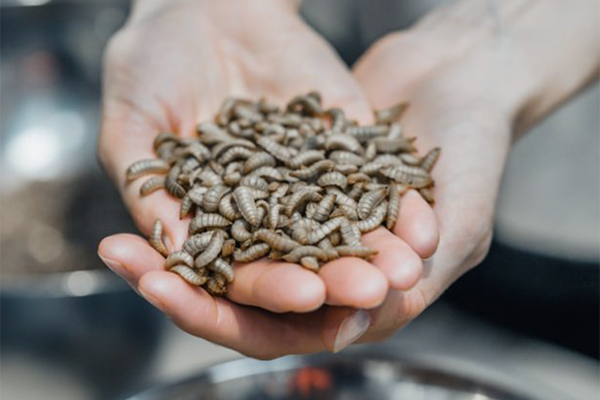
Aquafeeds
Nofima trial results support use of insect meal and insect byproducts in aquafeeds
Nofima researchers say that recent feeding trials show insect meal and a byproduct of black soldier fly processing can help salmon grow well.
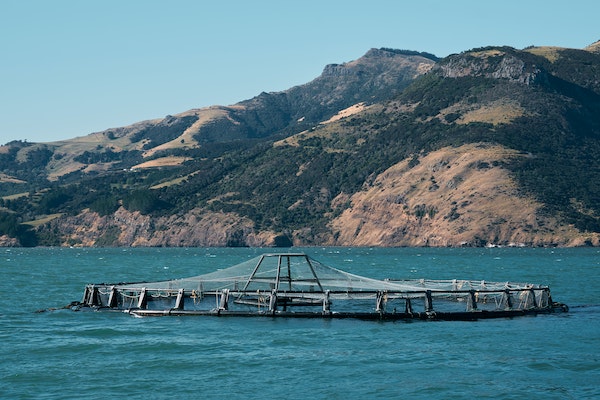
Aquafeeds
Projects look to improve carbon footprint and biodiversity impact of aquafeeds
The Sustainable Fisheries Partnership aims to better understand, measure and reduce the environmental and carbon footprint of aquafeeds.



